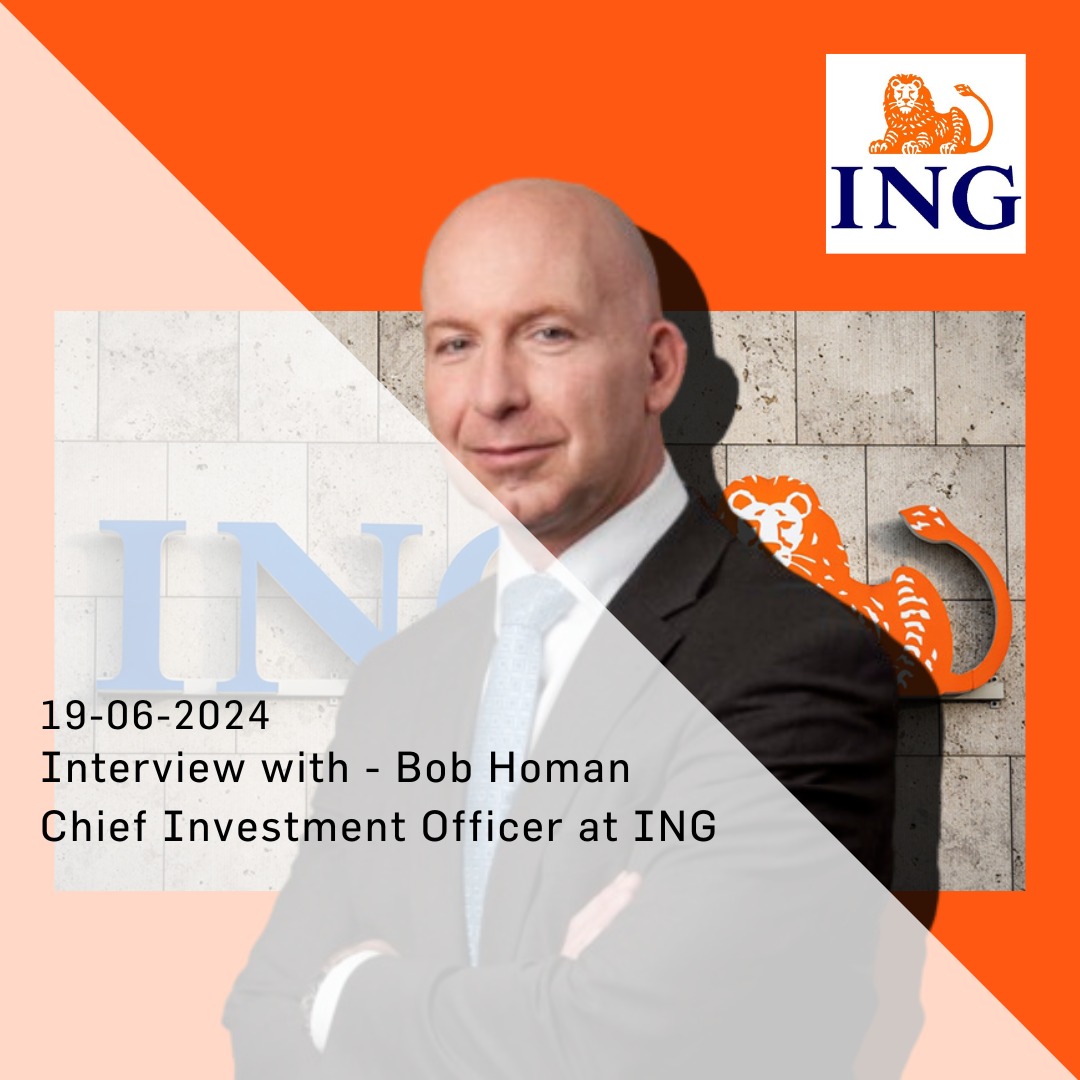Preparation for the eleventh edition of Investment Night began in early September. When we as a committee met for the first time at the beginning of


In this column David Hollanders discusses why corporate governance can be understood with non-quantitative methods. He explains this by using two examples: Wall Street and Margin Call.
Economics is mostly practiced with the use of models.Finance in particular has been mathematized, as research in and teaching of for example option valuation, asset-liability management and corporate finance demonstrate. Even within finance there is however an important exception. Corporate governance can also –and sometimes even better- be understood with non-quantitative methods.
Corporate governance is -in the words of Berk and DeMarzo in their textbook Corporate Finance– “the system of controls, regulation and incentives designed to prevent fraud”. Fraud by its nature is an informal, irregular and hidden activity, and as such is context-specific. Models however work best in stable environments where just a few parameters change –the parameters which are subsequently modeled. Fraud, misconduct, tax avoidance and cooking the books seldom provide such environments. So to get a grip on the issues involved and subsequently analyze them, non-quantitative means are called for. These include historical case-studies, thick description, investigative journalism and participant observation. They also include documentaries (such as Enron: The Smartest Guys in the Room, Inside job and Shock Doctrine) or even fictional movies. Two excellent movies illustrate the value of movies in understanding and teaching conflicts of interests in corporatations.
1. Wall Street: shareholders versus management
Wall Street (directed by Oliver Stone, 1987) is as politically relevant and economically interesting as a movie gets. It depicts the dealings of investor Gordon Gekko –played by Michael Douglas. In a crucial scene, Gekko fulminates against management of a company (‘Teldar Paper’) of which he is himself a shareholder. Any socialist would no doubt subscribe to this speech which at the same time sums up the essence of shareholder-capitalism: every euro going to management is not going to shareholders. Gekko therefore calls fellow-shareholders to arms at the shareholder meeting: “You own the company. That’s right, you, the stockholder. And you are all being royally screwed over by these, these bureaucrats, with their luncheons, their hunting and fishing trips, their corporate jets and golden parachutes. (..) Teldar Paper has 33 different vice presidents each earning over 200 thousand dollars a year. Now, I have spent the last two months analyzing what all these guys do, and I still can’t figure it out. One thing I do know is that our paper company lost 110 million dollars last year, and I’ll bet that half of that was spent in all the paperwork going back and forth between all these vice presidents.”
2. Margin Call: management versus clients
Margin Call (2011) is a reminder that interests of a company differ from those of its clients. Every extra euro paid by a client is good for the company. With a clear reference to the credit crisis, Margin Call depicts an over-leveraged Wall Street-investment bank overloaded with toxic financial products. When management finds out that they own shitty products, they try to sell them as soon as possible, before clients find out too. Management tells their bankers: “The firm has decided to liquidate its majority position of fixed income MBS… today. These are your packets, you will see what accounts you’re responsible for, today. I’m sure it hasn’t taken you long to understand the implications of this sale, on your relationships with your counter parties and as a result… on your careers. I have expressed this reality to the Executive Committee, and they understand. As a result, if you achieve a 93% sale of your assets, you will receive a 1.4 million dollar one-off bonus. If the floor as a whole achieves a 93% sale, you will get an additional 1.3 million dollars apiece. For those of you who’ve never been through this before, this is what the beginning of a fire sale looks like. I cannot begin to tell you how important the first hour and half is gonna be. I want you to hit every bite you can find: dealers, brokers, clients, your *mother* if she’s buying.”
These two examples underscore the nature and scope of two crucial conflicts of interests in the modern corporation better than any model can. This is not to say that all movies that are instructive in the realm of corporate governance are good movies. Whereas Wall Street is a modern classic, Margin Call is just entertaining. It is also not to say that every good movie about finance is instructive. American Psycho for example is a perfect satire about the habitus of investment bankers, but does not help to understand specifics. It is all to say that movies can help to understand corporate governance in ways mathematics never can.





















